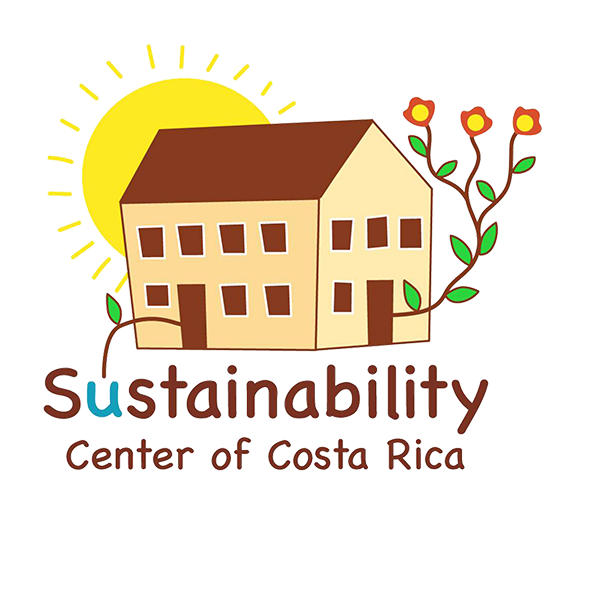We Believe
We believe that development which supports a healthy environment, fair employment opportunities, and individual growth and empowerment creates not only sustainable communities, but resilient communities.
Our experience has shown us that empowerment comes through equitable and sustainable opportunities for economic gain. People cannot defend their social rights, protect the environment, or participate in community collaboration if they do not have the means by which to make a living. Through facilitating access to economic gain that does not damage the environment, is accessible to women, and enables individuals to earn a fair wage, we can create the context necessary through which having a life worth living, Good Living, is possible. A solid structure of social justice and environmental protection allows us to thrive, not just survive
GUACI-MALL
A newer initiative to foster a stronger economy is the creation of the concept of a business center within the Casona, the headquarters of the SCCR. This is not a new concept, rather is going back to an old concept in a new way. The Center is housed in a large building called La Casona. The building was the largest business center of the entire region, even before Monteverde ever came to be. The businesses all belonged to one family. The difference now is that the SCCR is making available the various rooms to different families to open up their own businesses. The SCCR is accommodating itself to the best of its ability to the particular circumstances of each renter, so that a lack of financial resources is not an impediment to starting their business. If you would like to know more about this initiative or would like to collaborate to make it possible for more families, please contact us!
Food Sovereignty
Food nourishes our bodies and the body of our community. Food sovereignty means having control over the means of producing for self-consumption as well as inter-communal trading, thus allowing us to have great control over our own health as well as our own involvement in local economy. Communities can develop food transaction on their own terms, rather than relying on large international agribusiness corporations who monopolize food production, distribution, and ultimately consumption. Food sovereignty allows people to sustain themselves within the context of primarily agricultural areas, as it has direct impacts on local economies and employment, individual and community health, and when practiced effectively, on environmental health.
Currently, the movement toward huge agribusiness projects results in massive deforestation; environmental pollution; liberal use of pesticides which wreak havoc in ecosystems and detrimentally affect workers. Most significantly, this monopoly forces people into working for these companies and buying their products often resulting in exploitation of workers and damaging of consumers, who are dependent and often uninformed. These working conditions are often a far cry from the Good Living we all deserve.
Breaking this cycle allows for sustainability on many levels: environmental, livelihood, health, and community. Changing land practices to enable small scale farmers to earn a living through agriculture utilizing principles of agroecology and natural farming results in less wildlife destruction, more efficient farm land systems, and healthier food products. These age-old practices of mixed-cropping, organic nutrients, natural pest control and emphasis on support of biodiversity ultimately leads to more successful and healthy food production.
Connecting communities that produce different foods leads to more nutritious diets, empowerment through direct product trading, and exchanges of ideas amongst trade participants. Our new Café-Bazar Om is now serving as an outlet for local products and as a space for the exchange of ideas.

At our 67-acre El Encanto experimental farm, we are learning about Masonobu Fukoka’s methods of what he termed Natural Farming. We are “listening” for what the land ‘wants’ to grow in order to achieve harmony with the least amount of effort and ecological footprint. Fukuoka believed that natural farming is a philosophy of life through which we get to know ourselves and answer the existential questions we have through the experience of growing our own food and being close to the land that supports us. We are new at this, but At El Encanto we strive to be true to this philosophy. For example, we foster habitat for native bees as well as crops such as chia seed and fruit trees which do not require much irrigation nor the use of any type of insecticide, natural or otherwise.
Any effort in the right direction is worth supporting. Which is why we also collaborate with Rancho el Rio, a neighboring farm which practices integrated farming and who supports the local economy by facilitating the use of free whey to feed livestock.